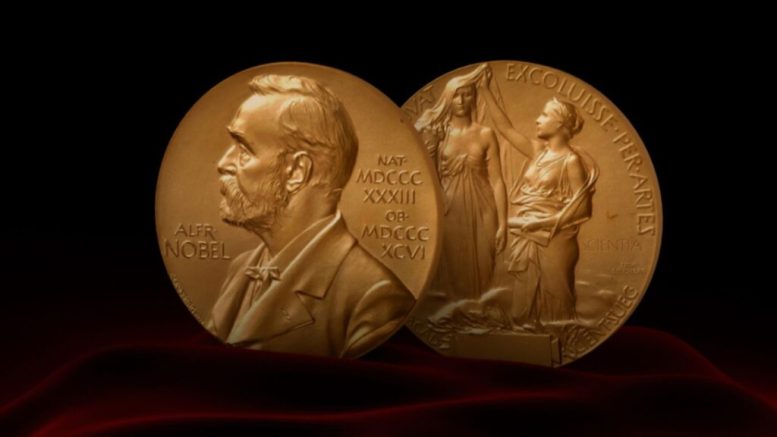When Nobel Committee Chair Jørgen Watne Frydnes defended the decision to deny President Donald Trump the Nobel Peace Prize, he claimed, “We only give the award to people of courage and integrity.”
It sounded moral and lofty. Yet in reality, that statement exposed a serious flaw—the Nobel Committee’s preference for ideology over achievement. The Peace Prize, once grounded in results, is drifting toward subjective virtue signaling.
A Standard Too Vague to Be Honest
The idea of “courage and integrity” sounds inspiring. But it’s too vague to be honest. The Nobel Peace Prize was meant for those who “have done the most or the best work for fraternity between nations, for the abolition or reduction of standing armies and for the holding and promotion of peace congresses.” Those are measurable outcomes—not moral abstractions. The Nobel Committee seems to prioritize subjective values over these measurable results. By turning the award into a test of personal virtue, Frydnes and the Committee have replaced objective evaluation with political moralizing. The prize now reflects who fits their worldview, not who fosters peace.
A Standard Too Vague to Be Honest
If “courage” truly meant standing firm against pressure, and if “integrity” meant keeping promises, then actions would be the real test.
True peacebuilding involves:
- Negotiated ceasefires that stop bloodshed.
- Treaties that endure across administrations.
- Humanitarian frameworks that protect the innocent.
These are acts of integrity, not speeches of intent. Yet, modern Nobel decisions often reward sentiment instead of success. The Committee’s focus has shifted from diplomacy achieved to politics approved. It appears the Nobel Committee values political alignment more than concrete actions.

Nobel Committee: The Double Standard Problem
When Barack Obama received the 2009 Peace Prize, even the Committee admitted it was aspirational—awarded for what he might achieve. That honesty acknowledged uncertainty. Yet the current refusal to extend the same reasoning toward Trump exposes a double standard.
Today, Frydnes’s “courage and integrity” rule serves as exclusionary gatekeeping. It demands near-perfection from leaders who do not share the Committee’s political outlook—effectively rewriting Nobel’s purpose. In practice, this standard ensures outsiders need not apply. It punishes those who challenge establishment narratives, even when their actions advance stability or peace.

A Nobel Committee Out of Touch
The Nobel Peace Prize now risks becoming a mirror reflecting its own politics rather than a beacon of peace. The Nobel Committee appears to be more concerned with reflecting its values than with rewarding true peacebuilding efforts. By hiding behind undefined virtues, the Nobel Committee projects moral superiority while avoiding fair evaluation. This is not courage—it is institutional comfort. If Frydnes truly values courage and integrity, he should apply them within his own committee. Reward peace where it’s earned, not where it flatters. Real courage stands up to bias, and real integrity enforces fairness.
Until the Committee embraces that truth, its credibility will remain in question. What do you think about the committee’s view of our President?






